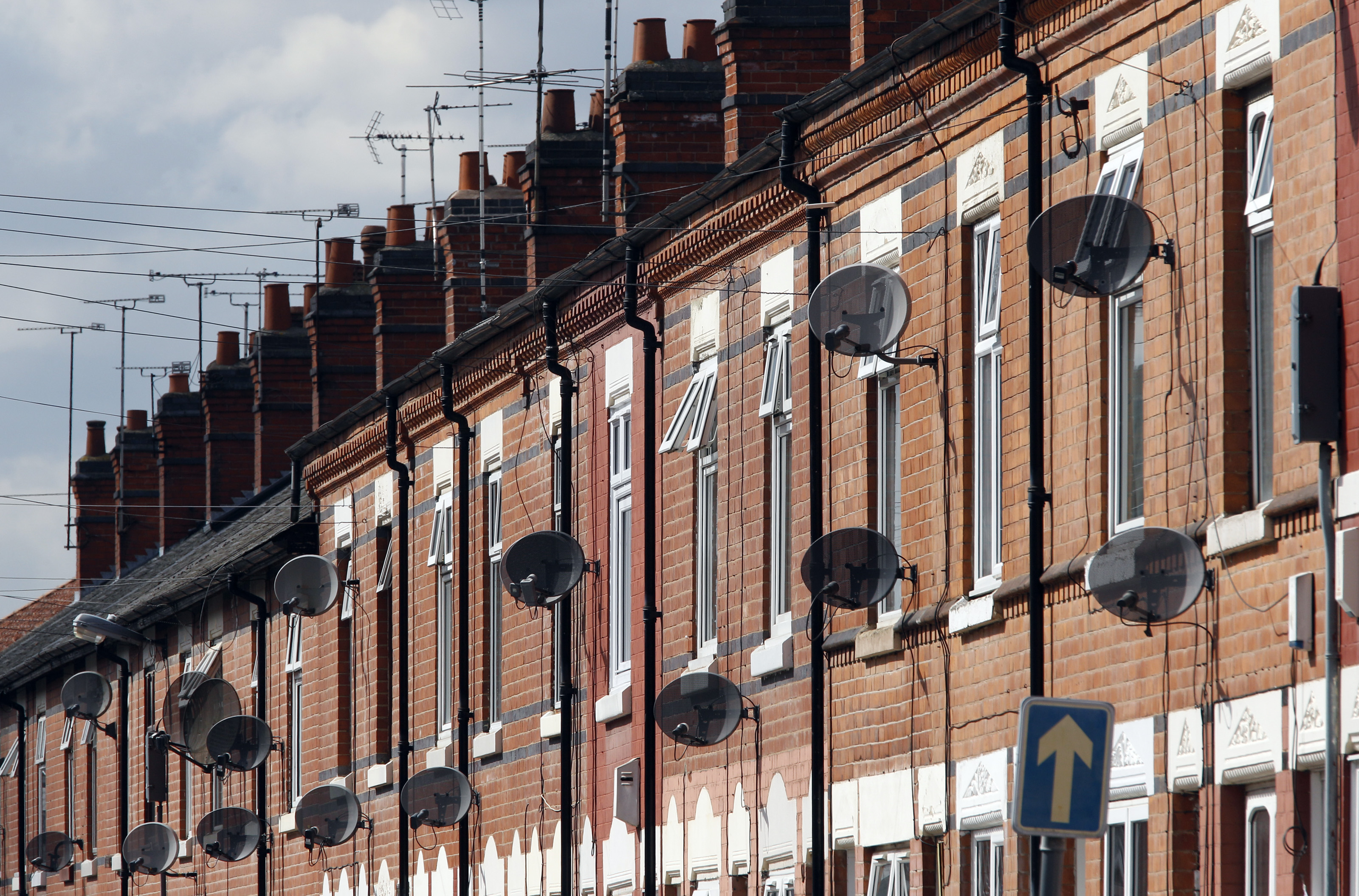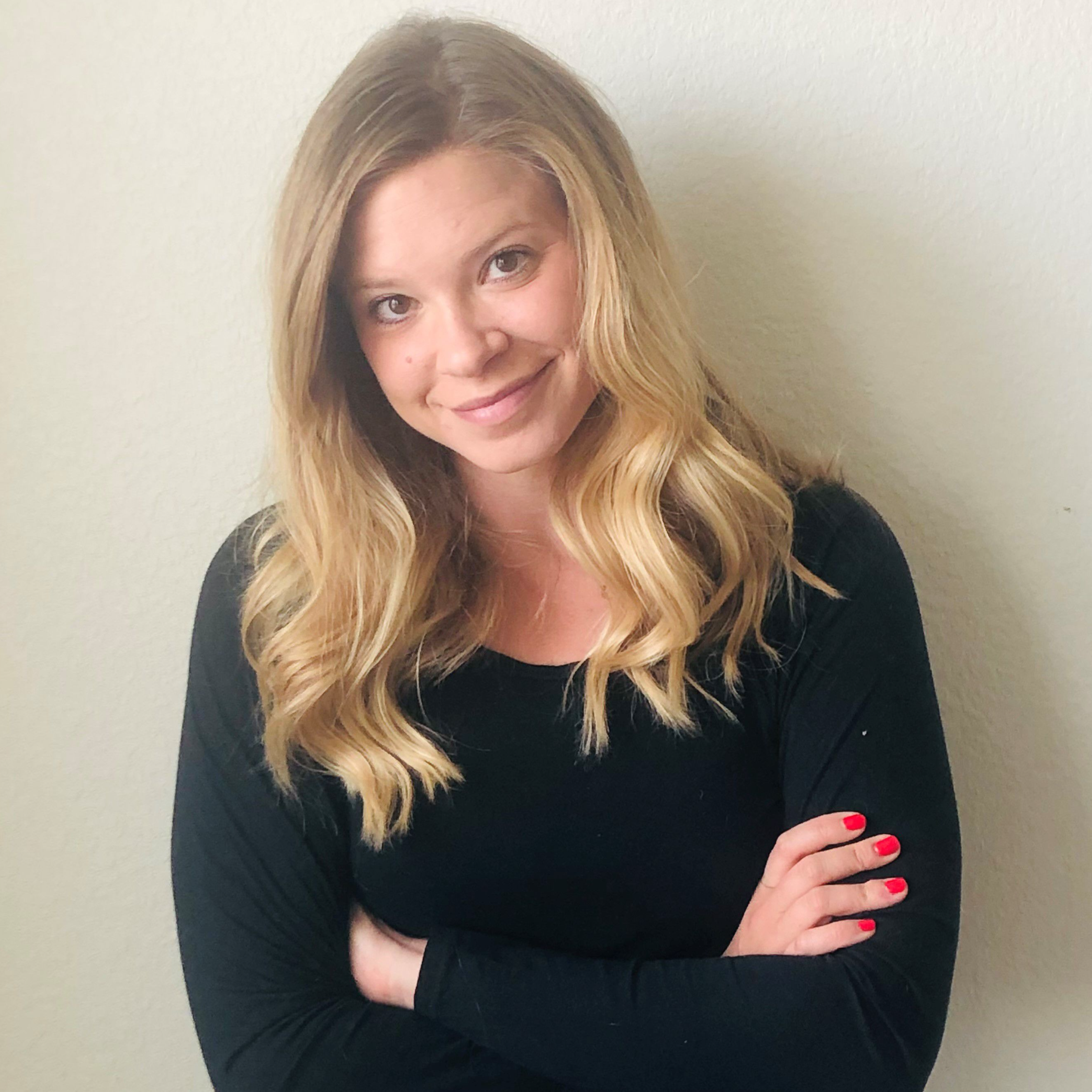Locast loses key defense against major networks' copyright claims

REUTERS/Darren Staples Purchase Licensing Rights
(Reuters) - A Manhattan federal court has knocked out an important Copyright Act defense for over-the-air streaming service Locast against infringement claims brought by the four major U.S. television networks.
Despite being a nonprofit, Locast makes too much money from user payments to be exempt from ABC, CBS, NBC, and Fox's claims under part of the law that protects nonprofits retransmitting copyrighted works, U.S. District Judge Louis Stanton ruled Tuesday.
Locast's attorney David Hosp of Orrick, Herrington & Sutcliffe said in a statement that they were disappointed in the ruling and "formulating next steps."
The Electronic Frontier Foundation, which also represents Locast, said the Copyright Act's nonprofit exemption was meant to "make sure that every American has access to their local broadcast stations, and expanding access is exactly what Locast does."
The networks, represented by Gerson Zweifach of Williams & Connolly, didn't immediately respond to a request for comment, nor did Paul Clement of Kirkland & Ellis, who separately represents Fox.
Locast captures signals from local broadcast stations and retransmits them over the internet in several U.S. markets.
Attorney David Goodfriend, who worked for the Clinton Administration, U.S. Federal Communications Commission, and DISH Network and is currently of counsel at Weiner Brodsky Kider, founded the nonprofit that owns Locast. He said the service is meant to give Americans access to free local television that they couldn't otherwise view for technical or geographic reasons.
The networks sued Goodfriend and the nonprofit Sports Fans Coalition NY Inc for copyright infringement in 2019, seeking damages, attorneys' fees and a permanent ban on the service.
The defendants argued that Locast was immune from the claims based on Section 111(a)(5) of the Copyright Act, which allows nonprofits to retransmit copyrighted works without permission if they don't charge the recipients more than the costs of operating the service.
This would distinguish Locast from Aereo Inc, a similar for-profit streaming service that the Supreme Court found to violate copyright law in 2014.
But, the networks said that, among other things, Locast was a "far cry" from the non-commercial entities covered by the statute.
Stanton said Tuesday that Locast's defense failed because it charges more than necessary to defray the costs of maintaining and operating its service.
He noted that Locast provides free streams, but interrupts non-paying users every 15 minutes to request donations, which users can avoid by paying five dollars a month for "preferred" access.
"The obvious economic fact is that these 'donations' are really a scale of fees for uninterrupted service, and it works," Stanton said.
Locast's total costs last year were $2.4 million, compared to its total revenue of $4.5 million, $4.3 million of which came from user payments. Based on this, Stanton said Locast made "far more money from user charges than was necessary to defray its costs."
Locast argued that it still qualified for the exemption because the funding covers the costs of maintaining "an operating and expanding system." But the exemption doesn't allow for the cost of expanding into new markets, Stanton said.
The case is American Broadcasting Cos Inc. v. Goodfriend, U.S. District Court for the Southern District of New York, No. 1:19-cv-07136.
For the networks: Gerson Zweifach of Williams & Connolly
For Fox: Paul Clement of Kirkland & Ellis
For Locast: David Hosp of Orrick, Herrington & Sutcliffe; and Mitchell Stoltz of the Electronic Frontier Foundation
Read more:
Sign up here.
Our Standards: The Thomson Reuters Trust Principles.





